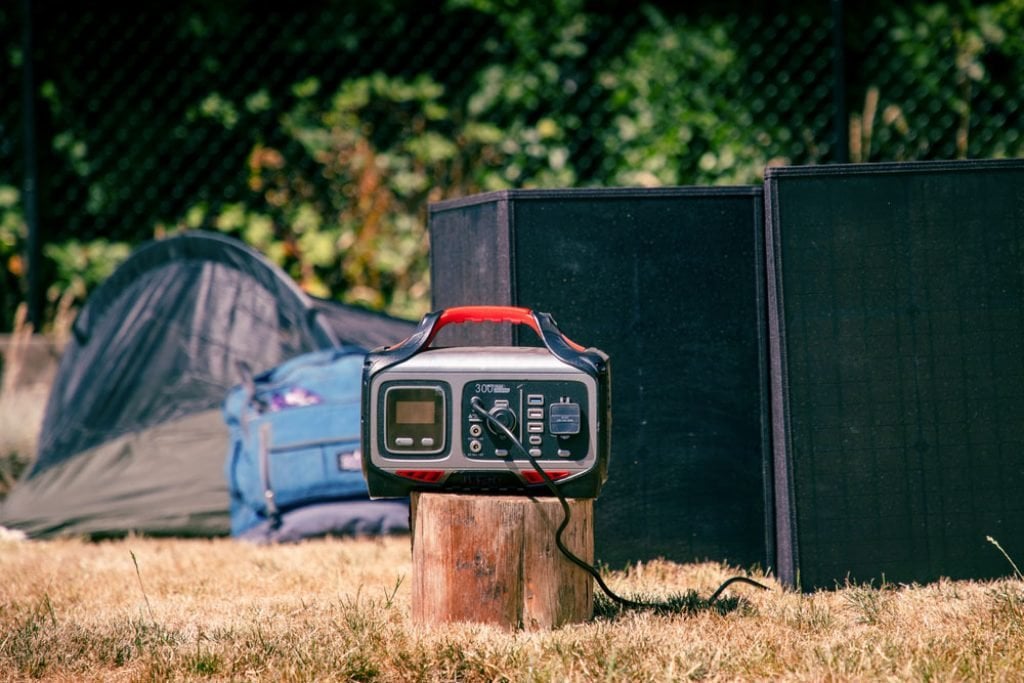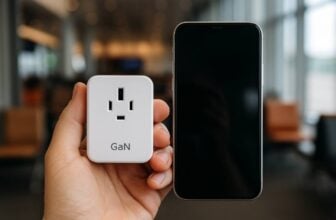Generators can be a piece of handy camping equipment. They can be easily carried around to any camping site and used to power portable lights and fans. Every camper surely has its own choice when it comes to generators. But if you’re looking to buy one from the best generator brands, check out this link.
Generators are useful but they can also put your lives at risk if being used carelessly. When operating one, it is always important to refer to the user guide. Also, we will be covering some important tips to safely run a generator while you’re out camping.
Five tips for running a generator safely

Even if you’re using a generator from one of the best generator brands, it is always necessary to be careful. Here are five tips on how to run one safely:
- Use a heavy-duty outdoor extension rated at least equal to the load you are connecting to it. Or you can also directly connect the appliances to the generator.
- Never refuel the generator while it is still hot. Always wait for it to cool down or else the hot engine parts may ignite if the fuel spills.
- To prevent electrocution, avoid using the generator in wet conditions. Keep it covered and dry. Also, don’t touch the equipment with wet hands.
- Set up the generator in a well-ventilated area and away from the place where you spend most of your time. The carbon monoxide from it can be harmful to you.
- Keep extra filters and motor oil so you can change the generator’s oil if needed. Also, prop it on an even surface to prevent the engine parts from running dry.
Precautions when using a generator

Safety should always be the priority whenever working with such appliances. Below are some of the precautions to follow when operating a generator:
. Use it outdoors
Never run a generator in your camp or where other people are camping. The generator should be placed in well-ventilated areas to prevent carbon monoxide from building up. Any carelessness in this regard can lead to poisoning and even death.
A simple rule is to think that if a place is not suitable for running a lawnmower or a car, then the generator shouldn’t be there either.
. Use the correct extension cords
Running the outdoor generator means you will need some extension cords to plug in your devices. However, you can’t just pick up a random one and use it. All extension cords have different capacity and safety standards. The length of the cord also affects its performance.
So avoid using an undersized cord as it can lead to overheating, melting of the insulation, and even fire. Additionally, use three-pin extension cords so that the electricity can be grounded in case of a short circuit or other hazards.
. Drain the fuel
If you don’t plan on using the generator again for more than a month, drain the fuel as well as the carburetor. Leaving fuel inside the generator can be a safety hazard and also damage the internal parts of the equipment.
. Keep an eye on children
Be very careful not to leave the generator unattended if there are children or pets around the area. Do not let them get anywhere near it. Set the equipment where you can keep an eye out for incidents. The hot components of the generator can severely burn someone, or it can even slip or fall if not mounted properly.
. Refuel carefully
Never refuel your generator while it is running or hot. Make sure that the fuel containers are safe to use and are stored out of reach of children and open flame. Never light a cigarette anywhere near the generator or the fuel. Furthermore, it is also important to always keep a fire extinguisher along to prevent any incidents.
. Go for the best generator brands
If possible, always opt for models from well-known brands. They provide quality generators that come with excellent machines. These will help minimize your chance of accidents while using one.
How to keep your generator safe while camping

The resale value of generators – especially from the best generator brands – is very profitable. This is why they are one of the most commonly stolen items from the campsites. Whether you’re driving on the road or leaving the campsite for a morning stroll, it is important to ensure that the generator is safe from thieves.
There are multiple ways you can ensure the safety of your generator, including chains, alarms, trackers, or cables. Here are some techniques to secure it while camping:
1. Chains
By using a thick or cut-proof chain and tying it to the axle of your RV, you can easily lock the generator. Use a padlock for added protection. However, keep in mind that this technique is only useful for shorter periods.
2. Cables
There are alarm cables that sound a screeching alarm when someone tries to cut or break them. However, this only works if someone is around to hear the alarm and take proper action.
3. Security brackets
They provide extra protection for cables or chains. Security brackets are fixed on the top of the generator’s handle so that the chain or cable can run through it.
4. GPS Trackers
You can use trackers and connect them to your cloud to keep track of where the equipment is. These trackers are often very small tags, easy to hide on anything. So even if someone steals the generator, you still have a chance of retrieving it back by tracking its location.
Alternatively, while traveling, a hitch or a rack can be used to securely carry the generator. You can also store it in your truck bed or the RV’s storage compartment. Other than that, it is important to keep your generator out of sight while not in use. Or if you do use it, then install proper lighting in that area so it is always visible to you.
Conclusion

Camping is a fun activity that should be enjoyed to the full extent. Using the equipment from the best generator brands can significantly improve your experience. However, certain things need proper care, not just to protect you but also for those around you.
Generators are a crucial part of camping setups. Having an accident or losing the equipment can ruin your camping experience. But, with proper operating tips, precautions, and safety mechanisms, you can save your generator as well as the other people around you.





